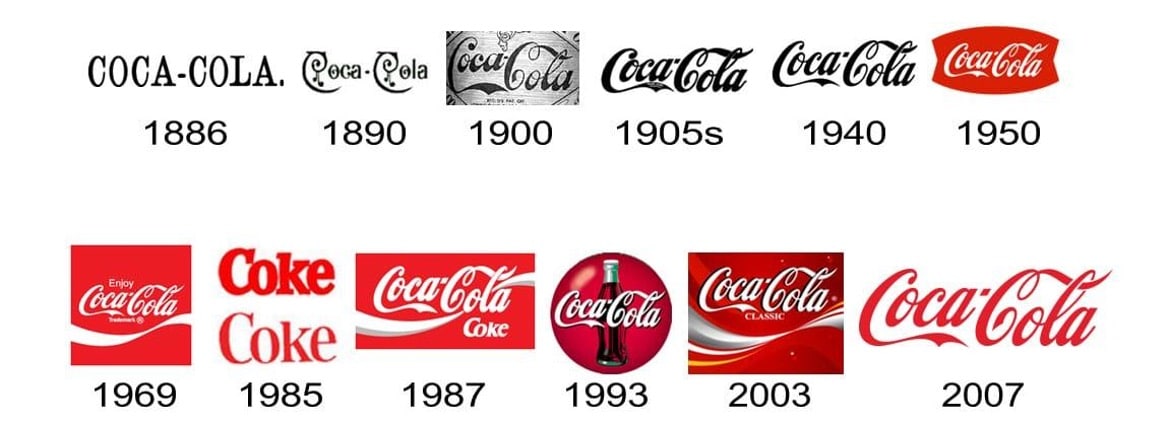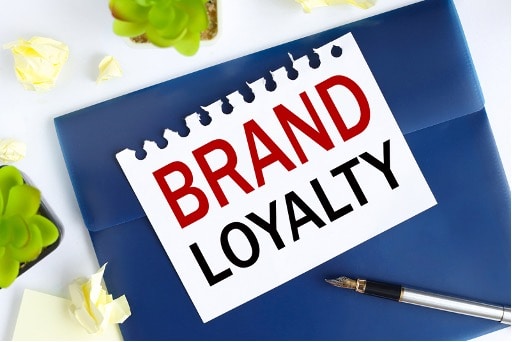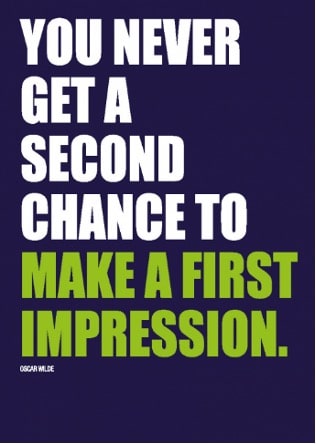5 Reasons why brand management is important

$84.02 Billion US Dollars – the brand value of Coca Cola in 2020.
1.9 billion – The estimated number of Coca Cola sales per year.
94% – the percentage of the world’s population that can explain what the Coca Cola logo is associated with – joy and happiness.
So, what’s the key to Coca Cola’s longevity and resilience? Brand management!
What is brand management?
Brand Management is a series of techniques that increases the perceived value of a product, service or brand over time. Successful brands are built on the foundation of a meaningful brand strategy that provides the framework for what a brand stands for and how it will be communicated to the marketplace. Strategic brand management involves the design and implementation of marketing programmes and activities to build, measure and manage brand equity. It also builds brand Identity which represents how the brand wants to be perceived.
“A ‘brand’ is not a thing, a product, a company or an organisation. A brand does not exist in the physical world – it is a mental construct. A brand can best be described as the sum total of all human experiences, perceptions and feelings about a particular thing, product or organisation. Brands exist in the consciousness of individuals and of the public.”
James R. Gregory, “Leveraging the Corporate Brand.
Here are five reasons why brand management is important:
1. To buy your brand, consumers need to know your brand.
Brand awareness is one of the key components of brand management. Customers won’t think of your brand when it’s time to make a purchasing decision if they don’t know who you are. This will result in them rather purchasing your competitor’s product or service.
2. First impressions are important.
Have you ever heard the saying “you don’t get a second chance to make a first impression?” The packaging of your brand for example, is the first contact point between your brand and your customer. Brand management gives you the opportunity to keep your branding fresh and memorable, making a lasting impression on customers, throughout their journey with you.
Consumers offer their trust and loyalty with the implicit understanding that the brand will behave in certain ways and provide them utility through consistent product performance and appropriate pricing, promotion, and distribution programmes and actions. To the extent that consumers realise advantages and benefits from purchasing the brand, and if they derive satisfaction from product consumption, they are likely to continue to buy it. In certain product categories, customers perceive significant value in brands as they enable them to communicate something about themselves. In such cases brands are used as symbolic devices because of their ability to help users express something about themselves to their peer groups.
3. Consistency is key.
Brand management in highly competitive and in dynamic markets will only be effective if the brand itself stays close to its core values and uniqueness. It’s therefore extremely important for brands to have a consistent tone and feel in every brand touchpoint. Brand management gives you the opportunity to ensure that both the intangible and visual aspects of your brand are aligned.
A brand that is consistent and clear puts the customer at ease, because they know exactly what to expect each and every time they experience the brand. According to branding author Keller, a brand is more than a product, because it can have dimensions that differentiate it in some way from other products designed to satisfy the same needs.
Here’s an example of how Coca Cola has evolved over time, while maintaining a level of consistency and brand recognition.

4. Brand loyalty.
The world has become smaller with the rapid growth of e-commerce, and more and more consumers are buying products from outside their countries. It is therefore important to look at managing brand equity in different types of market segments and to also consider international issues and global brand strategies, where relevant.

If consumers recognise a brand and have some knowledge about it, then they do not have to engage in a lot of additional thought or processing of information to make a product decision. Thus, from an economic perspective, brands allow consumers to lower the search costs for products both internally (in terms of how much they must think) and externally (in terms of how much they have to look around). Based on what they already know about the brand – its quality, product characteristics, and so forth – consumers can make assumptions and form reasonable expectations about what they may not know about the brand.
Therefore, when your brand is managed successfully you will see a definite increase in brand loyalty.
5. Brand maintenance never ends.
There have been various changes in marketing in recent years. The customer has changed drastically and the benefits they derive from the products sold by companies have changed. Modern marketing has had to adapt to the digitalisation of the world.
Once you have your brand, the real work begins. Maintaining your brand is a continuous task. Logos, taglines, and editorial messaging should obey brand guidelines. Facebook, Twitter, and Instagram updates should express a similar brand tone and feel as brochures and mailers. The responsibility of brand management is to continuously enhance and improve the brand over time.
The shift to digital has decreased the extent of control that a brand manager has over brand meaning. With today’s many-to-many communications model the growth and proliferation of large social media platforms has ushered in an era in which dynamic and real-time conversations are taking place among consumers on a massive scale, making the control businesses have over brand message and co-creation of brand meaning limited.
As a digital age marketer or brand manager, you must consider online branding in your strategy and how you can use online channels to support your brand.
Do you want your brand to be the next Coca Cola, or even better?
Enhance your brand management skills.

The IMM Graduate School has a cutting-edge up to date 6-week Strategic Brand Management online course that is perfect if you want to become a better Brand Manager.
It contains four fast-paced modules and will help you to develop practical skills in branding and brand management.
Follow the link to sign up for our Strategic Brand Management Course today <https://shortcourses.imm.ac.za/online-course/strategic-brand-management/>


